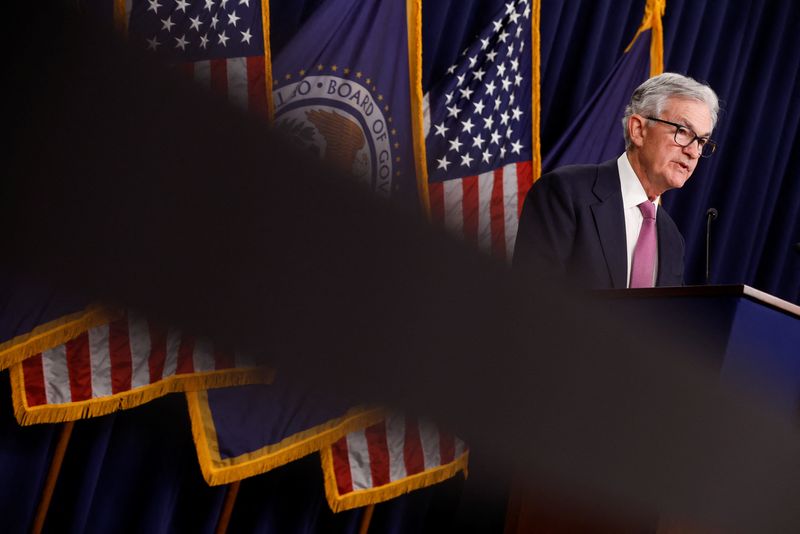By Karin Strohecker and Vincent Flasseur
LONDON (Reuters) - Major central bank interest rates moves were off to a tepid start in January with a single hike by Canada but the pace will speed up again in February with policy makers in the U.S., Britain and the euro zone out of the starting blocks already.
January saw just three meetings by central banks overseeing the 10 most heavily traded currencies with Canada delivering a 25 basis point hike while Norway and Japan stayed put.
However, the first days of February showed central banks were not quite done yet with monetary tightening, with the U.S. Federal Reserve adding 25 bps and the European Central Bank and the Bank of England each hiking by 50 bps.
All this comes after 2022, the year where central banks ramped up interest rates at the fastest pace and biggest scale in at least two decades in their all-out battle to contain inflation.
Developed markets interest rates: https://tmsnrt.rs/3YoAIxf
"Central banks aggressively hiked interest rates last year as inflation in many countries rose to the highest levels in decades," Tobias Adrian at the International Monetary Fund said in a blog on Thursday.
"Now, falling energy prices are reducing headline inflation and fuelling optimism that monetary policy may be eased later this year."
Across emerging markets, six out of 18 central banks delivered a total of 225 bps of hikes in January. Indonesia, Korea, South Africa, Thailand, Israel and Colombia all lifted benchmarks.
The January moves compare with five central banks hiking by 260 bps in December.
Emerging markets interest rates: https://tmsnrt.rs/3JFmP9Q

With year-on-year inflation readings declining further, the prospect of Fed rate hikes and the U.S. dollar calming down as well as energy and food prices deflation appearing in the first half of the year, pressure should ease on central banks in developing economies, Simon Quijano-Evans, chief economist Gemcorp Capital Management Limited, said.
"As we move through 2023, non-U.S. dollar central banks including most in emerging markets should become happier," he added.